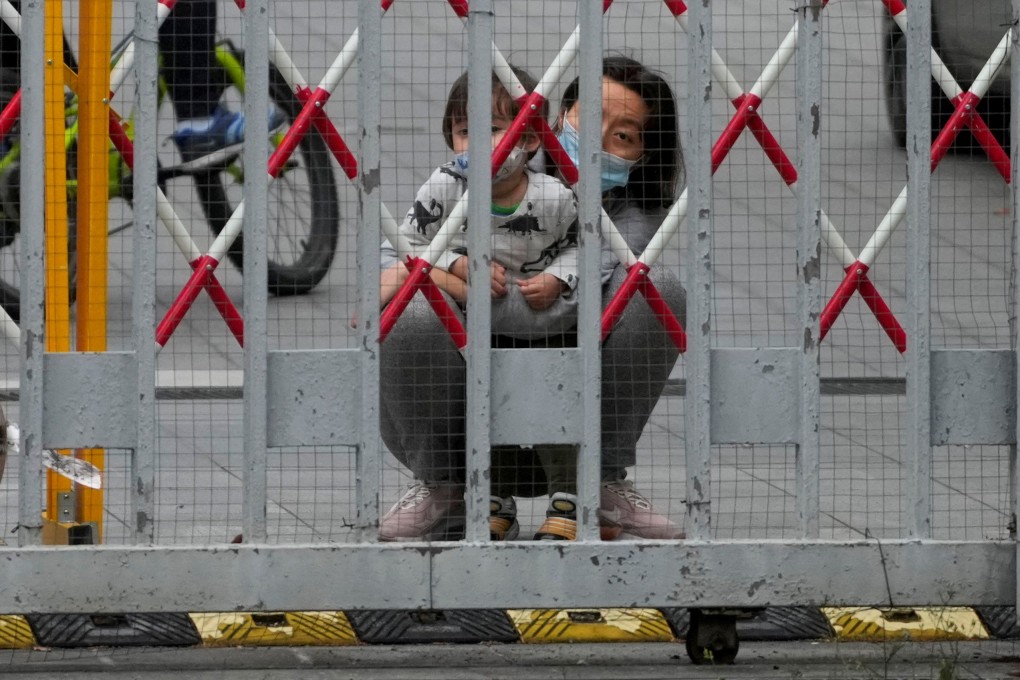Advertisement
Opinion | China’s zero-Covid policy is not helping its drive to raise birth rates
- Many women are putting off pregnancy due to concerns over lockdowns and being turned away at hospitals, even as the economy and household finances suffer
- Instead of spending huge sums on mass testing, Beijing should make housing, schooling and childcare more affordable and stop treating women as reproduction tools
Reading Time:4 minutes
Why you can trust SCMP
12

China’s population is heading for a major decline and could halve by 2065 if the falling birth rate is not arrested – which could mean a plunge to just 700 million people. Surveys confirm that across both urban and rural areas, only a minority of women have a second child and very few have a third.
The reasons are well known. Simply put, it is becoming more expensive to raise children due to the rising costs of property, education and childcare, especially in increasingly crowded cities. In recent years, the zero-Covid policy has also become an important factor.
Many women are delaying pregnancy due to concerns over sudden lockdowns and fears of being refused care at maternity hospitals over Covid-19 test results. The zero-Covid policy has also affected the economy and household finances.
Local governments are diverting much of their finances towards maintaining the immensely costly regime of mass testing. They are thus less able to fund other basic services and even infrastructure projects, resulting in company difficulties and lay-offs in the sector.
Manufacturing is doing no better, as lockdowns and travel restrictions affect the availability of components and ability to ship timely, forcing many factories to cut salaries or downsize, the effects rippling through communities.
China’s fertility rate has been declining since the adoption of the one-child policy in 1980. In 1987, births reached 25.5 million and seemed to finally be decreasing but, in reality, many families had more than one child, often in an attempt to have a male offspring. These heihazi, or so-called excess children, were hidden from the authorities.
Advertisement
